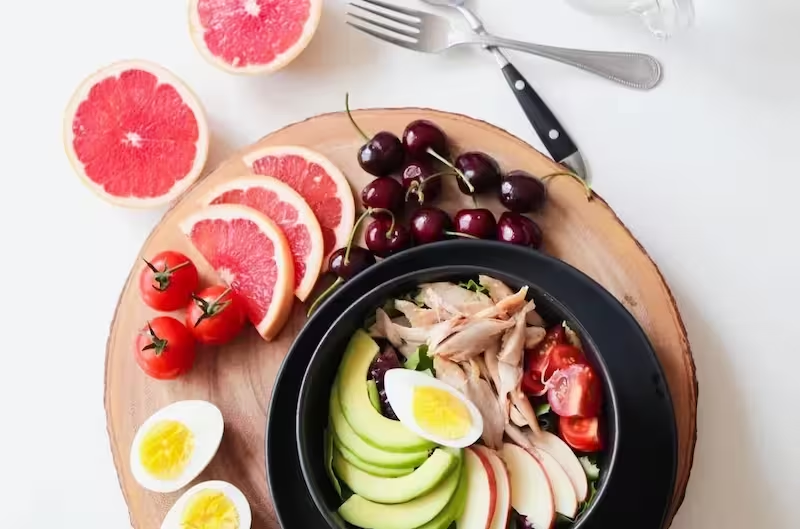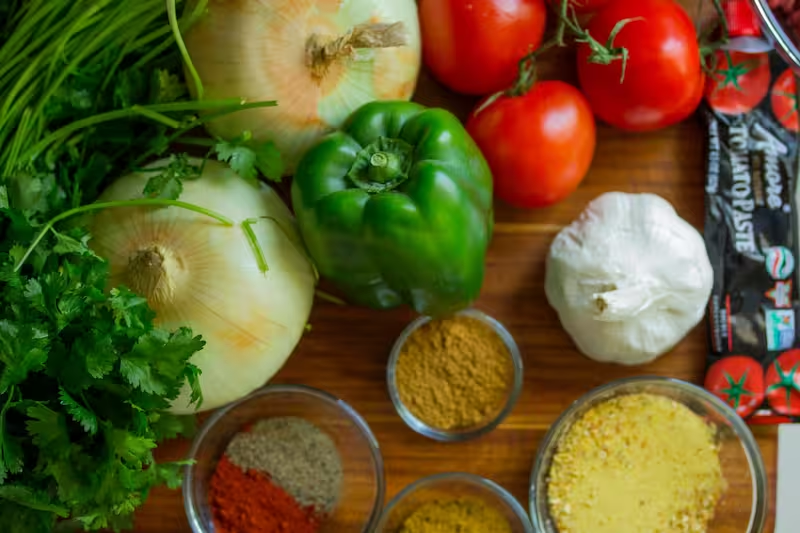What you eat can dramatically affect your health. We are finding out that not only can some foods raise your cholesterol, blood pressure and sugar levels, but that they also cause inflammation in the body. This can increase your risk of stroke, heart disease and cancer.
Certain foods can also contribute to less than optimum mental health, as the gut and mind are linked, with evidence also suggesting that tiredness and joint pains are also impacted.
Therefore, a healthy and balanced diet is essential.
Let’s take a look at how to be careful with Ultra-Processed Foods and Sugar consumption.


We are learning more and more about how ultra processed foods can have a detrimental effect on our health. UPF are foods that have been processed with additives and preservatives, as well as being high in salt, fat and sugar.
These include ice cream, ham, sausages, crisps, mass-produced bread, breakfast cereals, biscuits, carbonated drinks, fruit-flavoured yoghurts, instant soups, and some alcoholic drinks including whisky, gin, and rum.
Consumption of a lot of UPF confers a greater risk of overall cancer and specifically ovarian and brain cancer, as well as increased risk of overall, ovarian, and breast cancer-associated mortality. The advice is to try to work towards reducing Ultra-Processed Food within your diet as much as possible.

Our sugar consumption has increased dramatically compared to centuries ago. In the 1800s, people would consume the equivalent of a bag of sugar a year. In modern times, we are estimated to be consuming a bag and a half a week.
For many people, sugar is no longer just a treat or saved for a special occasion but is part of their daily diet. Whether this is biscuits, cereal bars, sugary treats and drinks – or even hidden in foods we wouldn’t expect. These include breads, savoury meals, sauces and yoghurt. Even when trying to be healthy and buying foods with “no added sugar” or “low fat”, food manufacturers have still hidden other types of sugar in the ingredients to enhance their taste.
Unfortunately, these sugars and sweeteners (such as fructose, palm sugar, saccharin, sucralose and even fruit concentrate) are highly processed and unnatural and our bodies were not designed to process them. They are also in much higher concentrations than the body is used to. This means that the body cannot process the concentrated high dose of sugar in these foods and the sugar ends up in the liver – leading to a condition called fatty liver.
Sugar spikes can also cause mood disturbances, tiredness, sleep disturbances and inflammation in the body leading to symptoms such as joint pain. It has also been implicated in inflammatory conditions such as asthma and even heart disease and stroke.

So which sugars are okay for us? This is a big topic and there are resources below to help, but essentially – if we are to have sugars – aim for sugar from fruit. This is because the sugar in fruit when eaten is delivered to the body mixed with fibre. It is broken down in the body slowly and processed and packaged by the body’s insulin.
However, fibre can be removed from fruit easily, unwantedly and unexpectedly. For example, peeling and removing apple skin and only eating the flesh of an apple, or only drinking the juice of fruit, will take away the fibre needed to help the body process these natural sugars. Therefore, make sure you’re eating the whole edible parts of fruit in order to consume fibre as well as natural sugar.
For more information on this huge topic, as well as recipes for alternatives for sugary foods and for healthier diets, Sugarproof is one of our recommended books.

Variety is the spice of life, and this is so applicable when it comes to what you eat. It is very easy to get stuck into the pattern of the same meals and foods every week. However, this limits the range of essential vitamins and nutrients that your body intakes. We have moved away from the 5-a-day target for fruit and vegetables to a target of 30 different plants a week.
This may seem daunting, but it is actually quite easy to do as things like herbs, coffee and spices all count as plants. Plants also count as any fruit, vegetable, nut, seed and legume (beans, lentils and peas). However, the key is to eat as many different types as you can.
Try to also make your plate as colourful as possible, as each coloured fruit or vegetable will give a different range of nutrients and vitamins that can prevent disease. If you do have meat and fish, try to make sure you choose unprocessed and high welfare versions. For carbohydrates, try to go for wholemeal and wholegrain varieties for bread, pasta and rice.
You can contact us on any of the following:
Phoenix Hospital, Great Baddow, Chelmsford
Tel:
01245 203 838
Email:
[email protected]